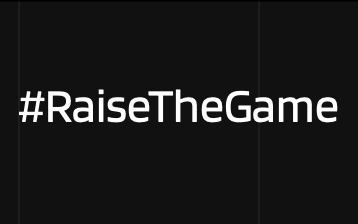What do we mean by Marriage & Civil Partnerships?
In the UK, marriage is a legally recognised union between two individuals, while a civil partnership is a legally recognised relationship between same-sex or opposite-sex couples, offering similar rights and responsibilities as marriage. Both marriage and civil partnerships provide legal recognition and protection for the couple’s relationship, including rights in areas such as inheritance, taxation, and pensions.
What is the law on Marriage & Civil Partnerships when it comes to recruitment and careers?
In the United Kingdom, the Equality Act 2010 serves as the primary legislation that safeguards employees from discrimination based on various protected characteristics, including marriage and civil partnerships. This legislation mandates that employers must treat individuals who are married or in a civil partnership equally, ensuring that they do not face any form of discrimination during recruitment, career advancement, or other employment-related matters.
During the recruitment process, employers are prohibited from making decisions based on an individual’s marital status or civil partnership. This includes avoiding questions about an applicant’s relationship status during interviews, as well as ensuring that job advertisements do not discriminate against individuals based on whether they are married or in a civil partnership. Employers must focus on assessing candidates based on their skills, qualifications, and experience, rather than their personal lives.
In terms of career progression, employers must ensure that employees who are married or in a civil partnership have equal access to opportunities for training, development, promotions, and other benefits. It is unlawful for employers to treat employees less favourably due to their marital status or civil partnership, which includes denying them access to training programs or career advancement opportunities.
By adhering to the UK law and promoting a fair and inclusive work environment, employers can foster a diverse and thriving workforce.



 Visit website on #RaiseTheGame
Visit website on #RaiseTheGame  Visit website on Diversily
Visit website on Diversily  Visit website on Ukie
Visit website on Ukie 

